Ukraine fallout fuels fears of global recession
The world could be plunged into recession if Russia ends its energy exports into Europe due to the invasion of Ukraine, while Australian motorists face further pain at the pump as global oil prices spike.
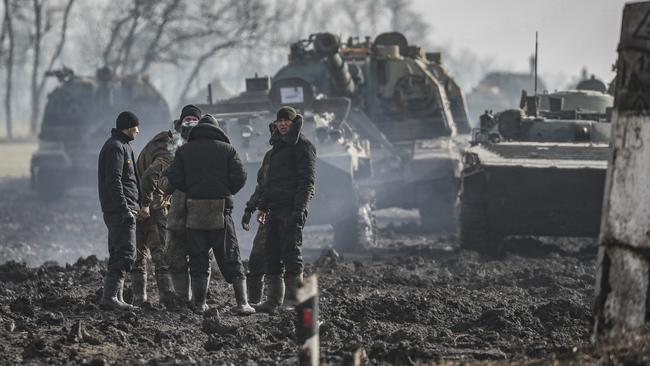
The world could be plunged into another recession if Russia ends its energy exports into Europe due to the invasion of Ukraine, analysts warn, while Australian motorists face further pain at the pump as global oil prices threaten to push above $US100 ($138) a barrel.
Energy Minister Angus Taylor said he recognised the hit to household finances as a result of record petrol prices, but said the government had no plans to remove or reduce the fuel excise tax in a bid to ease cost pressures.
Mr Taylor said despite average national fuel costs at a historical high of 179.1c per litre, Australian prices remained in the bottom 25 per cent of the OECD.
As Germany put an $11bn natural-gas pipeline on hold and traders fretted that Moscow would withhold gas in retaliation, pushing gas prices higher, Mr Taylor said Australian gas prices remained 77 per cent below Asian and European prices.
Russia is the world’s third-largest oil producer and, following Russia’s incursion into Ukraine, Brent oil futures traded just above $US99 a barrel before settling closer to $US96 a barrel.
Outgoing chair of the Australian Competition & Consumer Commission Rod Sims said the tension in Ukraine would contribute to escalating petrol prices, declaring there was not much the federal government could do to make fuel more affordable.
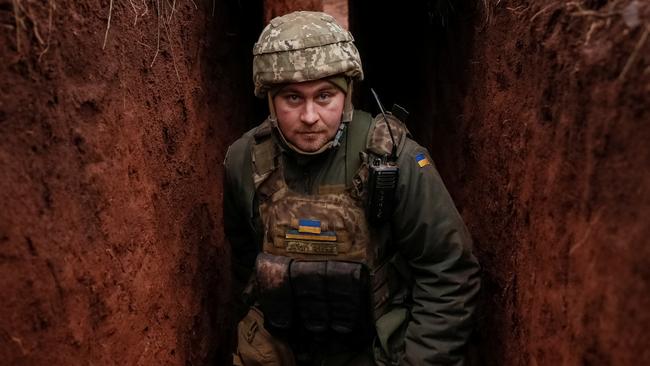
“The tension around Ukraine had just built on supply demand problems in the energy market worldwide because we came out of Covid,” Mr Sims said.
“Demand returned for oil and gas and the supply just wasn’t there. Ukraine has just made that worse.”
But Mr Sims played down the prospect of higher gas prices, saying there was no reason for suppliers to charge more than $10 a gigajoule regardless of geopolitical tensions.
He said gas suppliers were aware the government would crack down on them if they raised their prices.
“I’d be very surprised if gas prices go up much above $10 a gigajoule no matter what happens internationally. They’re making a lot of money, the gas producers, at the moment … and they don’t want anything to interfere with their ability to export so I think they’ll tread very carefully.”
CBA commodities analyst Vivek Dhar warned there was “still considerable risk that oil prices may surge above $US100 a barrel if Russia’s invasion in Ukraine continues to escalate”.
For Australian motorists already struggling with record petrol prices, the prospect of more pain at the pump looms. Households are on average spending a record $251 a month on petrol, up $67 over the past year, according to CommSec numbers.
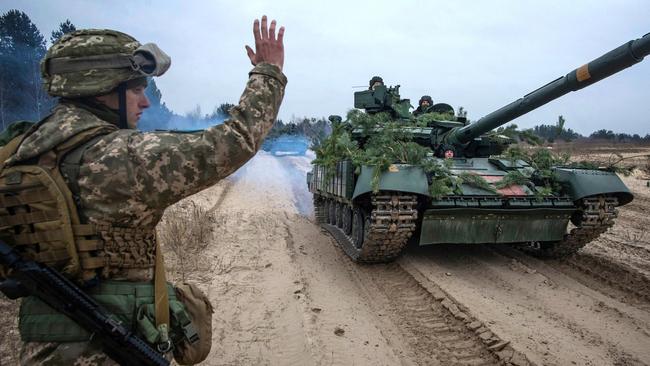
According to the Australian Institute of Petroleum, the national average unleaded petrol price rose by 2.2c per litre last week, to a record 179.1c per litre.
With much of Europe dependent on Russia for gas and thermal coal, Credit Suisse analyst Matthew Hope warned that “if Russian energy exports to Europe were cut by either side, there would be large power cuts to Europe, a sharp slowing in industrial production, and the threat of a global recession”.
“We believe this is unlikely, as it would be detrimental to both sides, but with tensions high and few good solutions, it can’t be ruled out,” Mr Hope said.
The prospect of a war in Europe also comes at a fraught time for the continental and global economy. Surging power costs have already helped drive inflation higher, complicating the post-pandemic rebound and forcing central banks to raise rates.
Disruptions to supply chains as a result of the pandemic are yet to be resolved, and global shipping costs remain massively inflated.
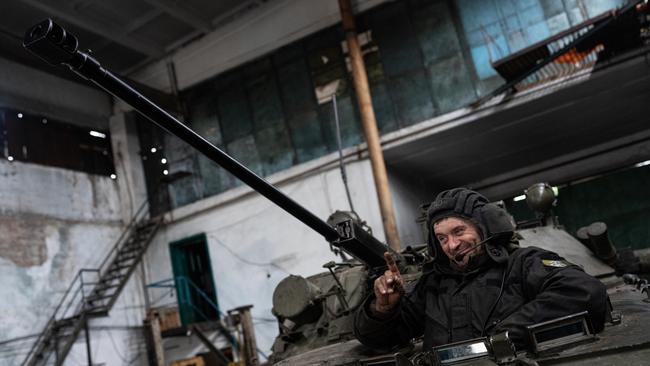
A Department of the Prime Minister and Cabinet spokesman said Australia was not immune from some supply chain impacts but was “largely shielded from major disruptions”.
“We have very limited direct trade exposure to Russia and Ukraine,” he said.
He added that the government was “well-placed to respond to global events that may impact supply chains through the Office of Supply Chain Resilience and other relevant agencies.”
With investors moving to reduce their exposure to the potential fallout of an all-out war between Russia and Ukraine, AMP Capital chief economist Shane Oliver said Australian stocks had held up better than those on Wall Street, where prices had retreated to their lowest levels since January.
Dr Oliver said an invasion of all of Ukraine with significant sanctions and interruption to European gas supplies – but no NATO military involvement – would trigger “a stagflationary shock to Europe, and to a lesser degree globally, as oil prices rise further”.
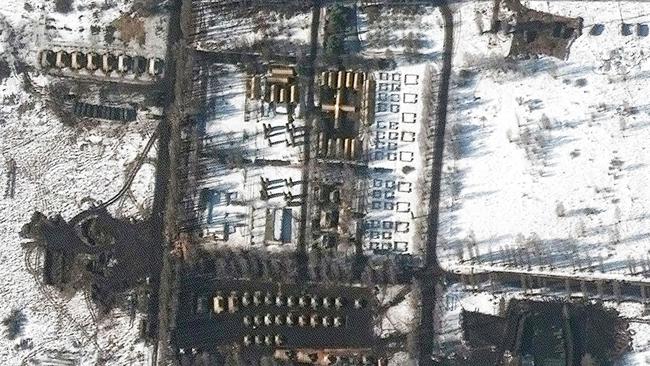
Dr Oliver said share prices would likely drop a further 10 per cent, and the market would take about six months to recover.
Should NATO forces become involved in an armed conflict, sharemarkets could drop by a fifth “as war in Europe, albeit on its edge, fully reverses the ‘peace dividend’ that flowed from the end of the Cold War in the 1990s,” he said.
Russia and Ukraine together also account for a quarter of global wheat exports and Ukraine alone accounts for 13 per cent of global corn exports.
“The food price inflation risk stemming from this conflict appears acute,” RBC Capital head of global commodity strategy Helena Croft told clients this week.
Opposition Treasury spokesman Jim Chalmers said “the situation in Ukraine could have consequences for our economy, particularly when it comes to energy prices (and) food security … and all of these issues around inflation, which is so important to working families in Australia”.
Additional reporting Greg Brown


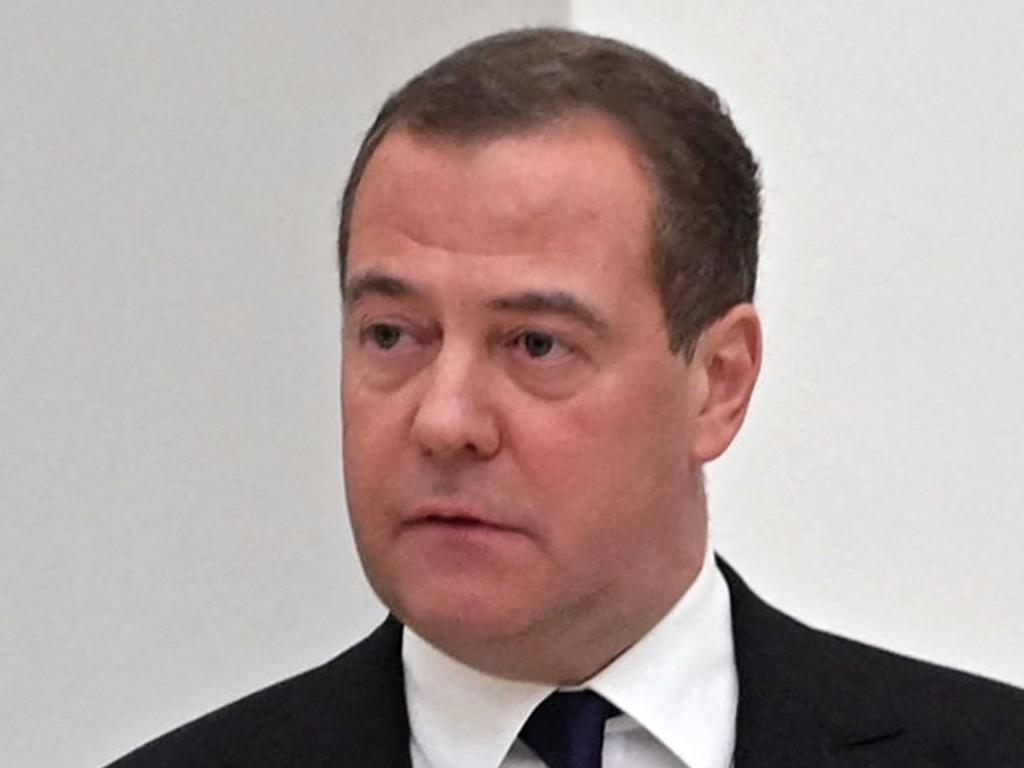
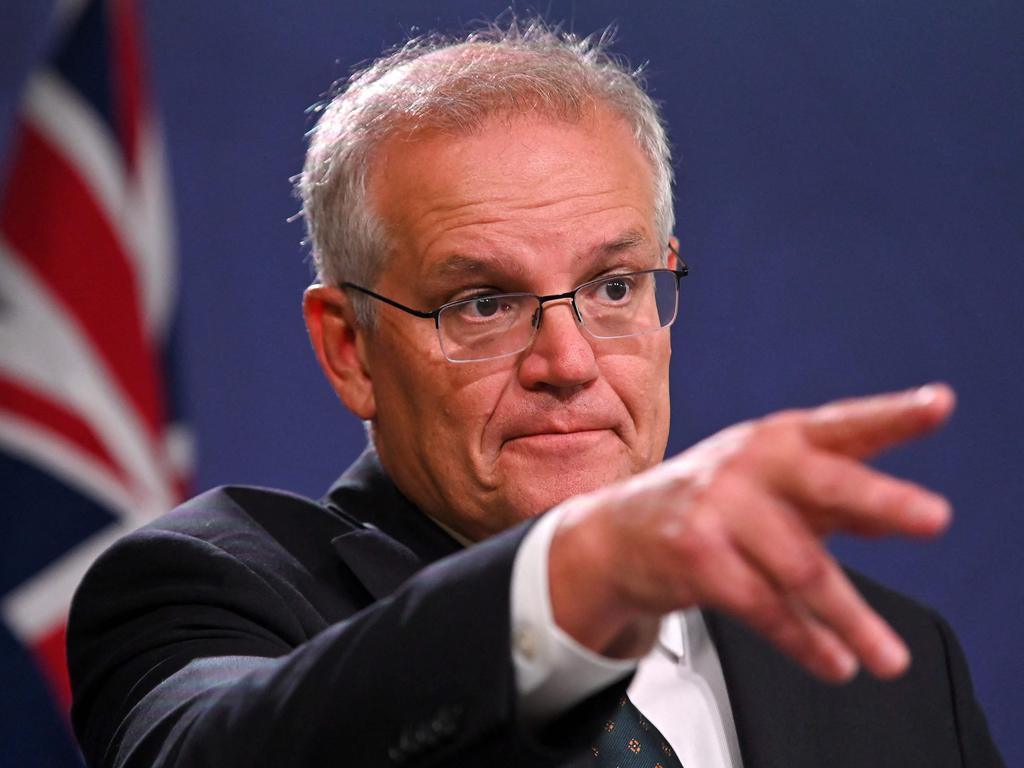




To join the conversation, please log in. Don't have an account? Register
Join the conversation, you are commenting as Logout